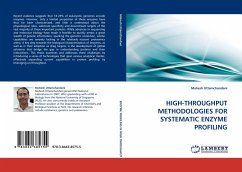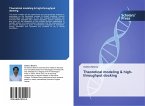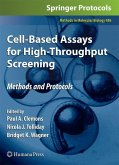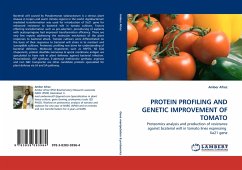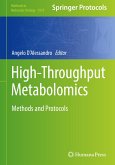Recent evidence suggests that 18-29% of eukaryotic genomes encode enzymes. However, only a limited proportion of these enzymes have thus far been characterized, and little is understood about the physiological roles, substrate specificity and downstream targets of the vast majority of these important proteins. While advances in sequencing and molecular biology have made it feasible to quickly amass a great wealth of genetic information, sparking the genomic revolution, similar capabilities are severely lacking in the relatively nascent proteomics arena. A key step towards the biological characterization of enzymes, as well as in their adoption as drug targets, is the development of global solutions that bridge the gap in understanding proteins and their interactions. This thesis examines and addresses these challenges by introducing a series of technologies that span various analytical modes, effectively expanding current capabilities in protein profiling by leveraging on throughput.
Bitte wählen Sie Ihr Anliegen aus.
Rechnungen
Retourenschein anfordern
Bestellstatus
Storno

